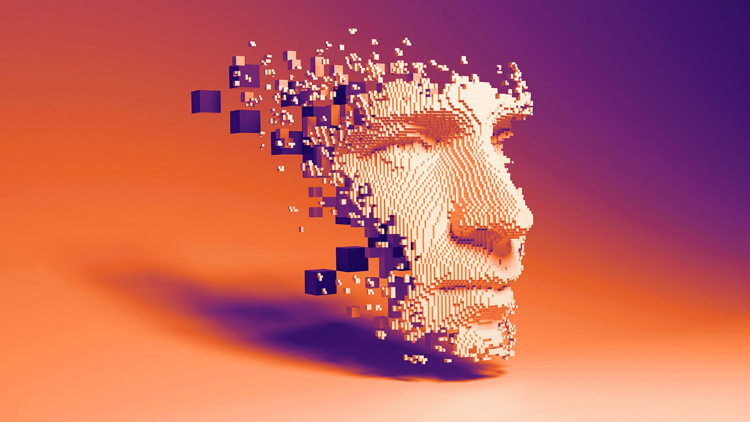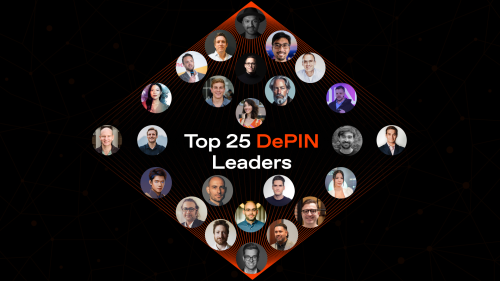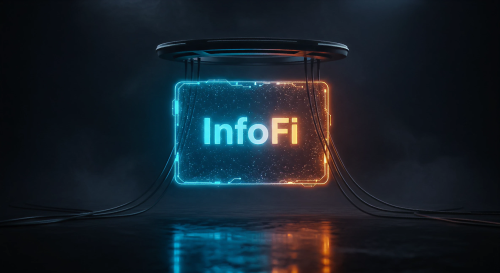Updated August ‘25
AI seems to be taking over the world in a storm. It doesn’t stop at anything, including blockchain. But Web3 enthusiasts ask themselves if that’s a good thing. Can AI replace Web3? Or is it supposed to?
Or maybe AI can be an enhancement. How is AI used in Web3, and are there any promising AI crypto projects already exploring the possibilities?
Many companies experiment with integrating blockchain and AI projects because theoretically, both technologies should benefit tremendously from the synergy. For example, blockchain technology could address the security and trust issues that Artificial Intelligence is struggling with. Not to mention the need for less centralized AI concentration in the hands of a powerful few.
The onchain research team examined existing Web3 AI projects to find some answers and created a detailed blockchain & AI report. In this article, we’ll introduce some of the top Web3 AI projects.
How is AI used in Web3, and how can it benefit blockchain?
Many ask, can AI replace Web3? However, the idea is not to replace Web3; the goal is to complement it by integrating AI technologies into blockchain-based Web3 applications and platforms, or vice versa.
Web3-based businesses are integrating AI with blockchain to simplify and enhance their platforms. Leveraging smart contracts and using AI machine learning algorithms helps enhance blockchain security by analyzing transaction patterns to detect and prevent fraud. AI machine learning can also improve transaction privacy by identifying potential data theft or unauthorized access.
The key traits of blockchain technology are transparency and immutability. This enhances the reliability and trustworthiness of AI systems. Blockchain’s auditable AI outputs address concerns about bias, privacy, and trust. Additionally, blockchain can create secure, decentralized marketplaces for AI data and models.
The marriage of these two technologies can help streamline a wide array of tasks across different industries. For instance, improving supply chain logistics, enhancing gene sequencing, deploying AI agents for customer service, and performing other data-intensive tasks.
Will blockchain and AI projects shape our future?
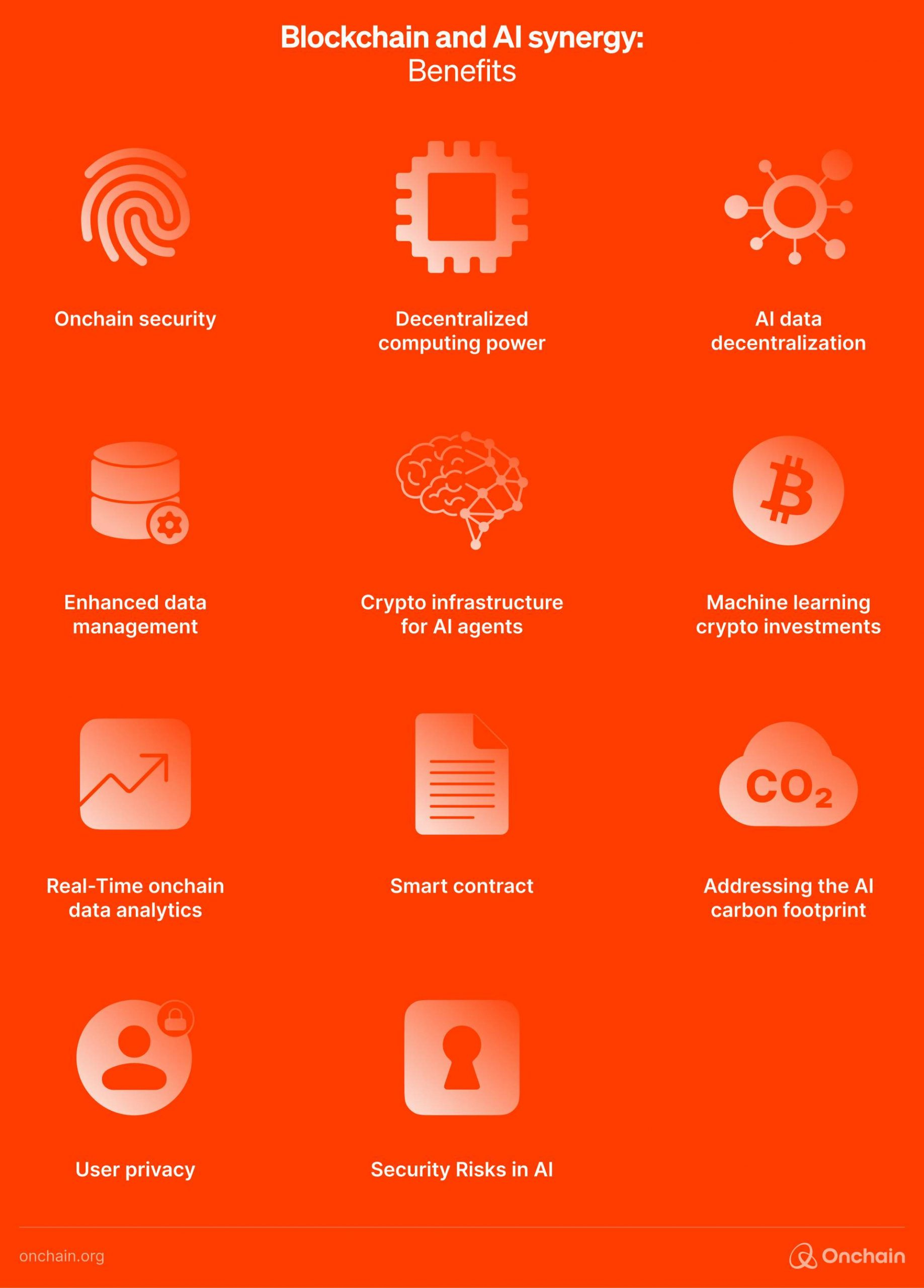
According to Appinvent, the combined market size of AI and blockchain technologies is predicted to exceed $703 million by 2025, which would result in a CAGR of 25.3% from 2020 to 2025.
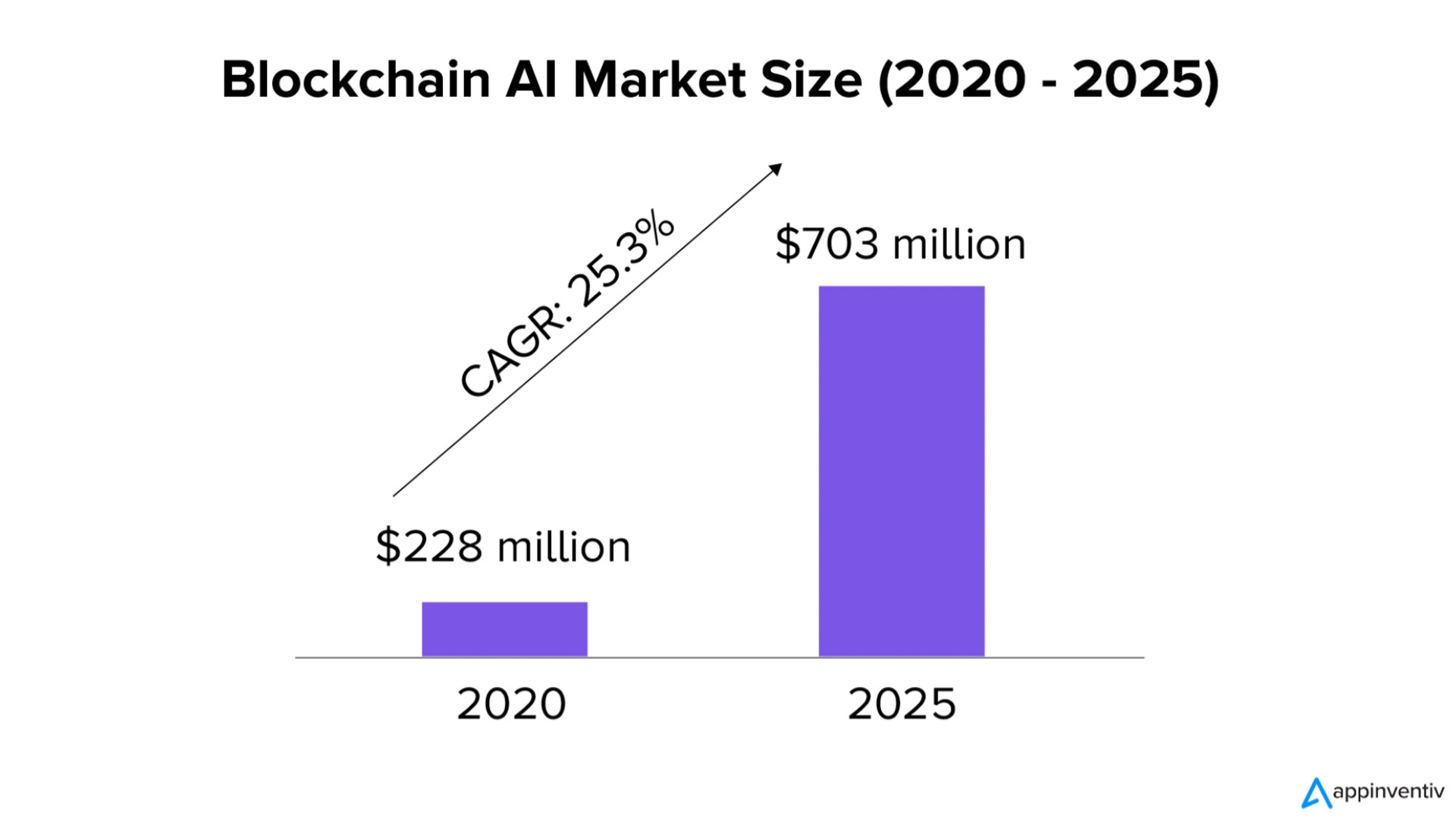
Another source, Market.us projects the global blockchain AI market size to grow from $349 million in 2023 to $2,787 million by 2033. This represents a 23.1% growth in CAGR.
Our research findings suggest that the healthcare industry sector will be most impacted, followed by the financial industry.
Furthermore, a global survey conducted by Casper Labs found that around 51% of blockchain-based business leaders reported that optimizing AI operations is their top priority. This surpassed other areas such as database automation, ensuring security and compliance, and supply chain optimization.
To this end, we have covered some of the key verticals that are running Web3 and AI blockchain-based projects to give you further insight into this exciting new world.
Examples of Web3 AI projects
SingularityNET
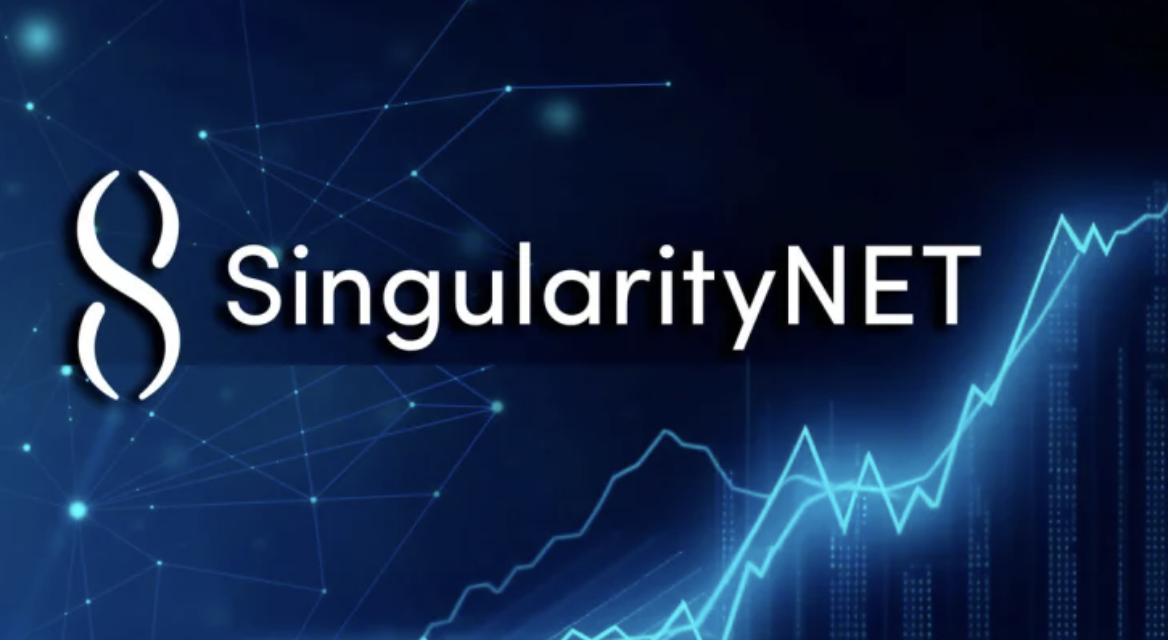
SingularityNET is a decentralized AI marketplace built on blockchain. It allows developers to publish, share, and monetize AI services at scale. Originally built on Ethereum, it now supports Cardano as well.
Numerai
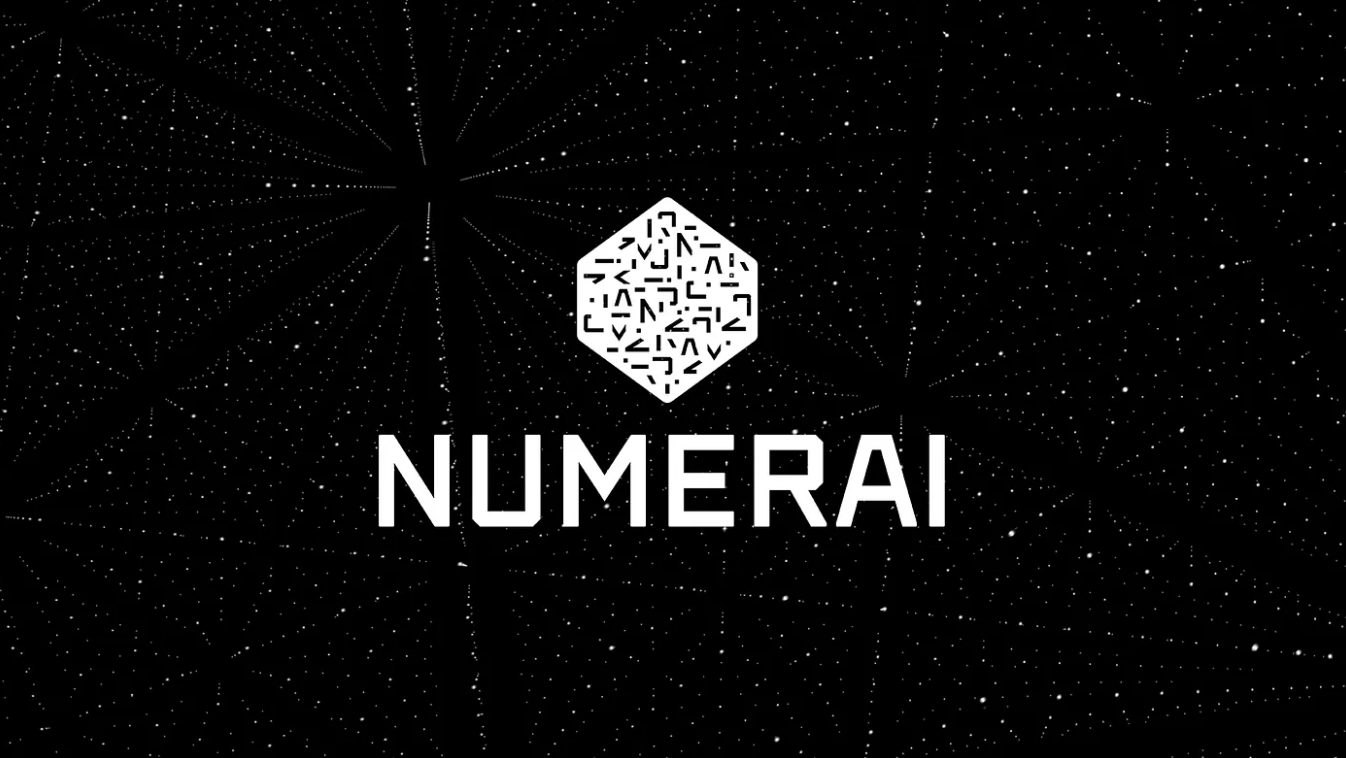
Numerai is a pioneering hedge fund that harnesses the collective intelligence of data scientists worldwide through a global, encrypted data science competition. It crowdsources predictive models to make investment decisions, all while preserving data privacy and incentivizing contributors through its native token.
This innovative approach has enabled the creation of a decentralized hedge fund that continuously evolves with the collective input of its community.
Gensyn
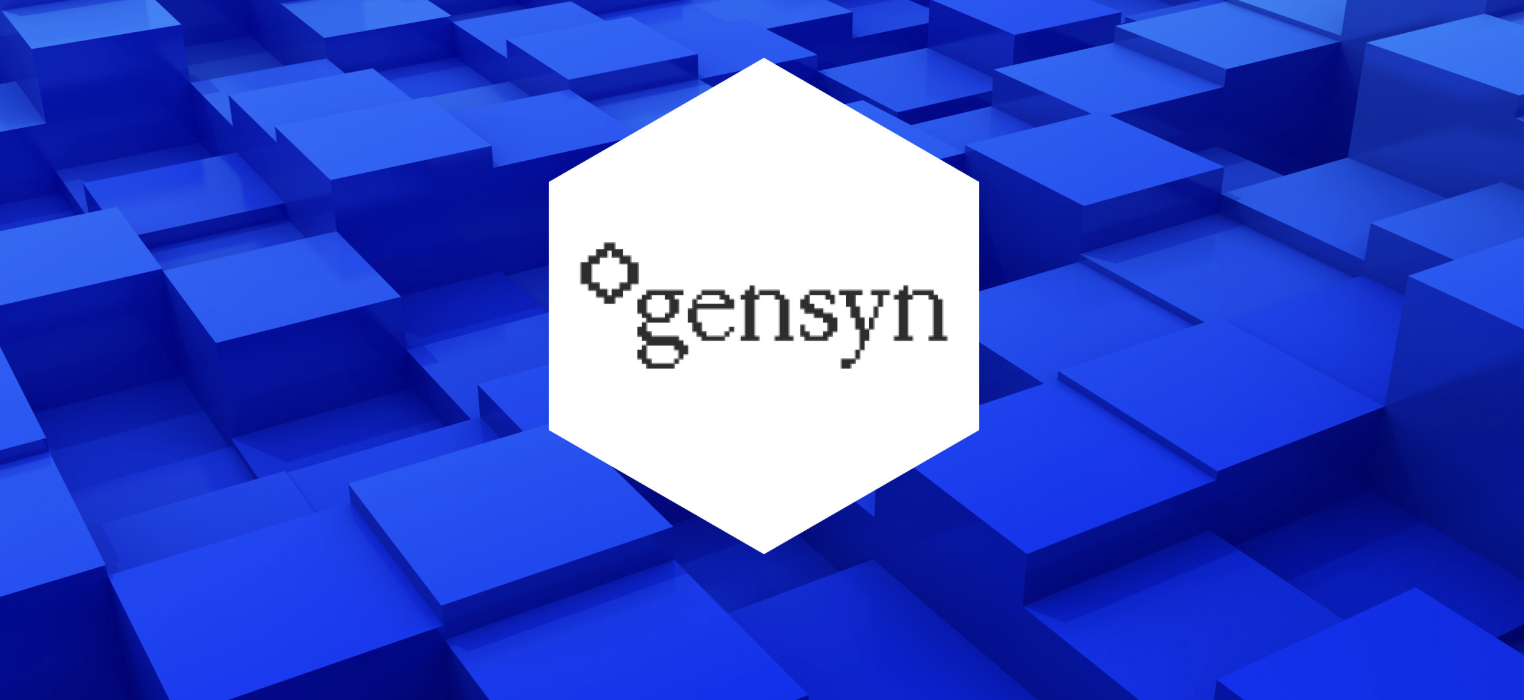
Gensyn is a decentralized compute protocol that connects machine learning engineers with idle GPU hardware globally. Instead of relying on centralized cloud providers, Gensyn creates a trustless, blockchain-based marketplace where developers can access affordable and scalable compute power for training large AI models. It utilizes cryptographic proofs to verify that machine learning tasks have been completed correctly, enabling the secure outsourcing of training jobs without requiring trust in the compute provider.
Cortex
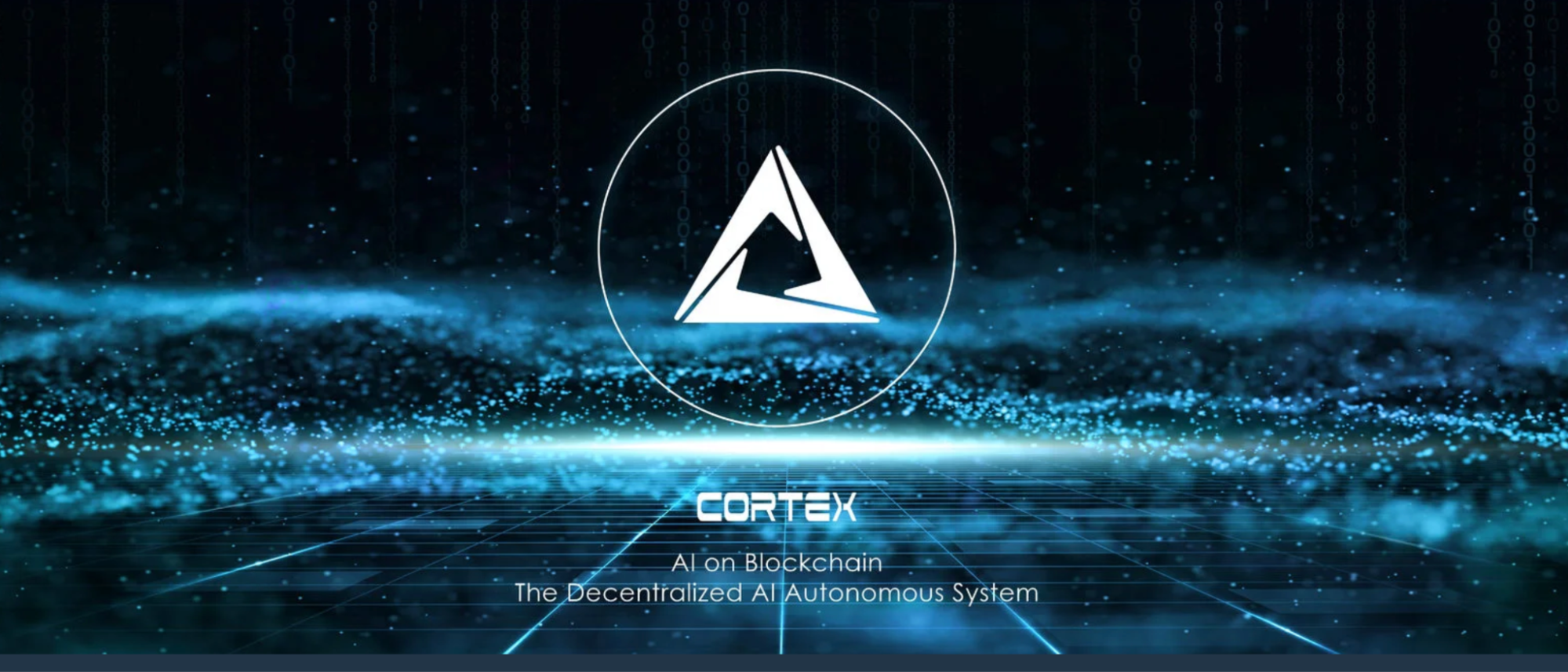
Cortex is a public blockchain that supports onchain execution of AI models. It enables AI inference within smart contracts, making them more dynamic and intelligent. It is an open-source, peer-to-peer blockchain designed to bring AI functionality to decentralized applications (dApps).
Modulus Labs
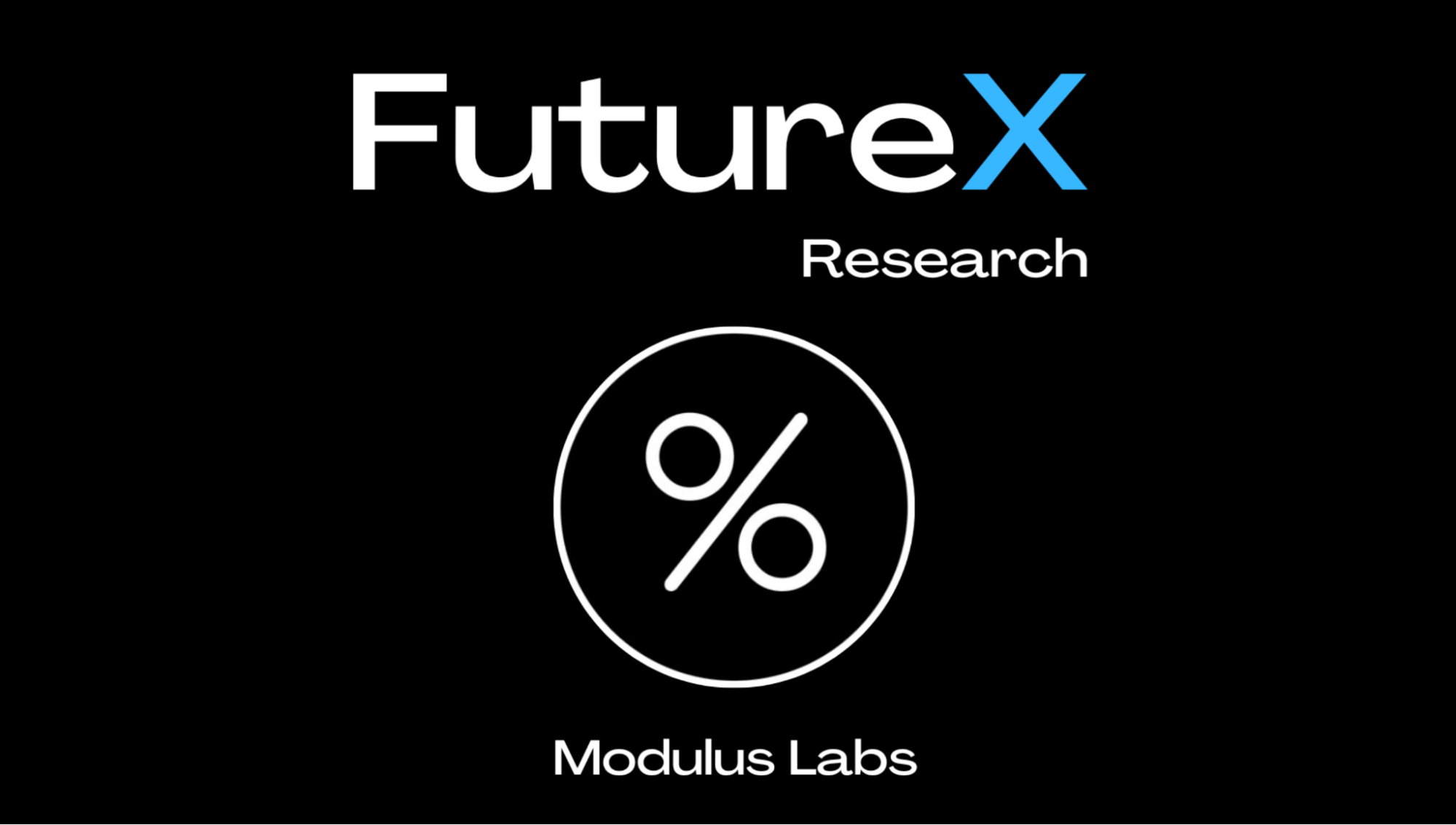
Modulus Labs enables AI models to be executed within smart contracts using zero-knowledge proofs (ZKPs), making it possible to run AI computations verifiably onchain without sacrificing speed or cost efficiency. By leveraging ZK cryptography, Modulus ensures that the integrity of AI outputs can be validated without revealing the underlying data or model details.
Oraichain
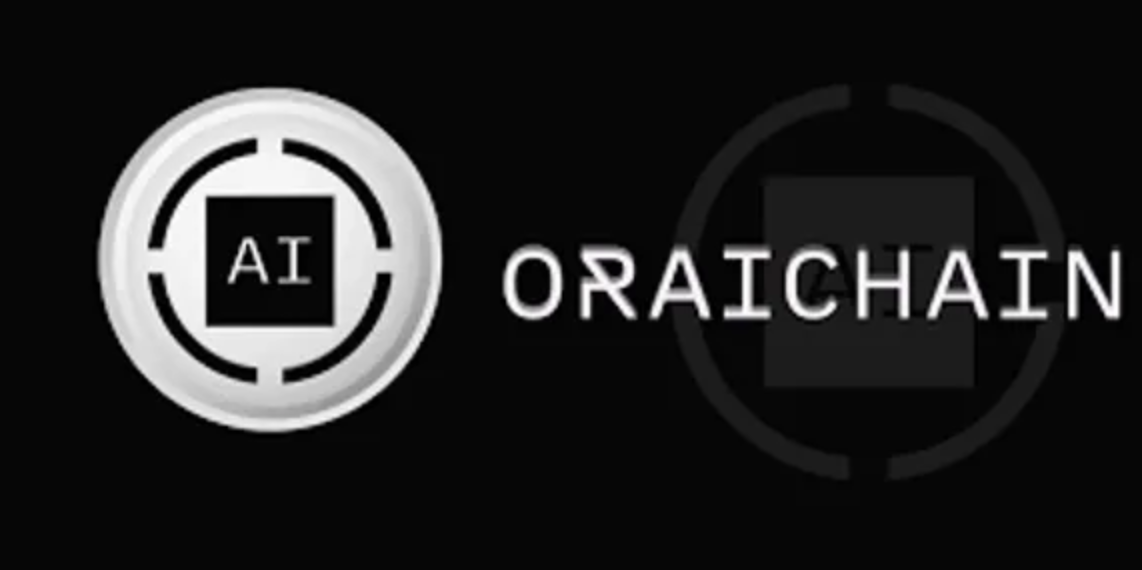
Oraichain is a data oracle platform that integrates AI APIs with smart contracts. It functions as both a Layer 1 blockchain and an AI service layer, focusing on powering the data economy and decentralized oracle services. By integrating AI directly into its core infrastructure, Oraichain enables the development of intelligent, next-generation smart contracts and dApps while fostering a complete AI-driven ecosystem on the blockchain.
Fetch.ai
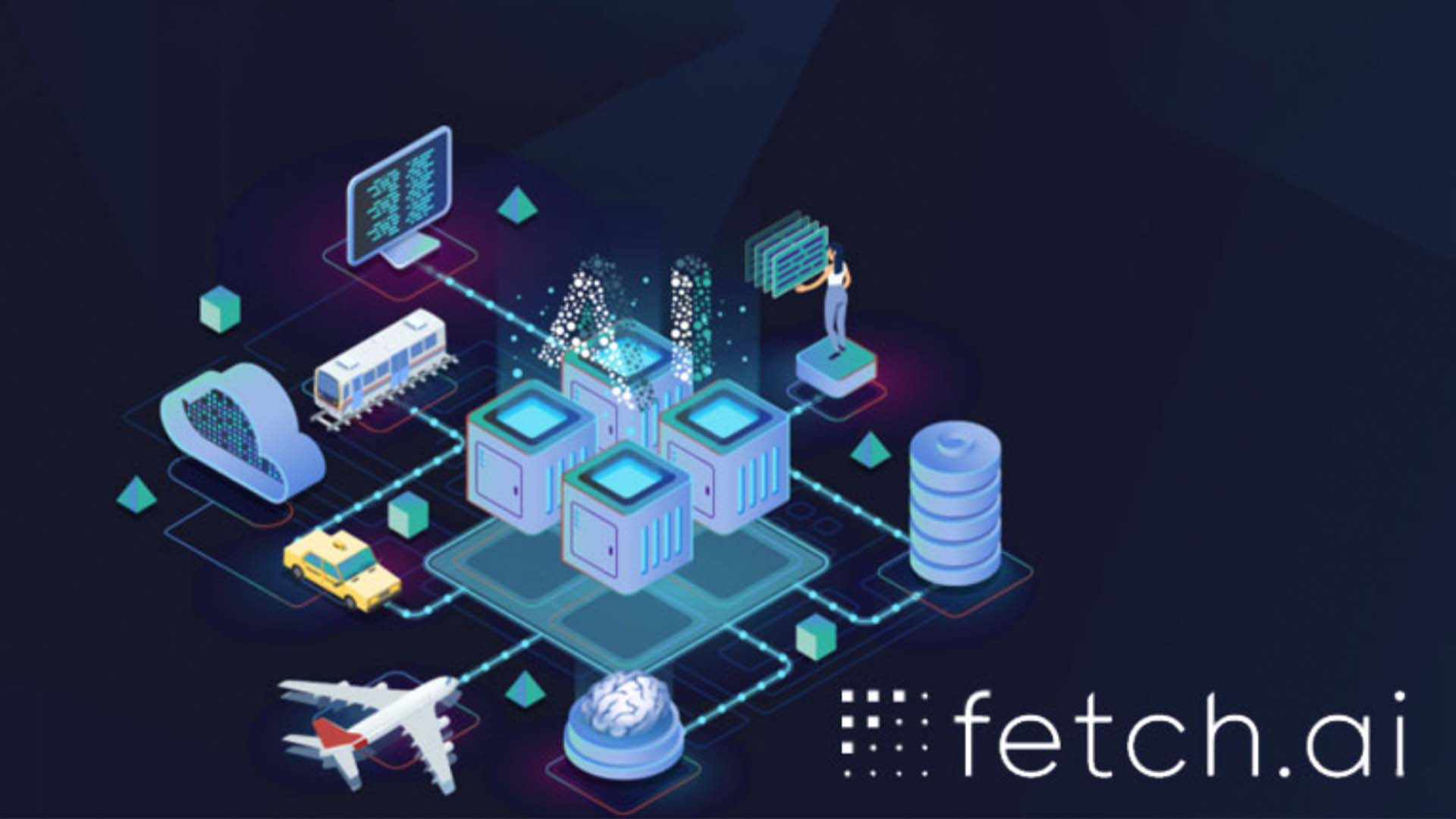
Fetch.ai prides itself on being the first open network for AI agents. It employs blockchain technology and AI together to enable the decentralization and automation of everyday tasks such as reserving flights or parking spaces.
Its model solves use cases that are dependent on extensive datasets.
Furthermore, in Q2 of 2025, Fetch.ai secured a $500 million investment from Interactive Strength Inc. to expand AI agent use cases, starting with a fitness platform.
Ocean Protocol
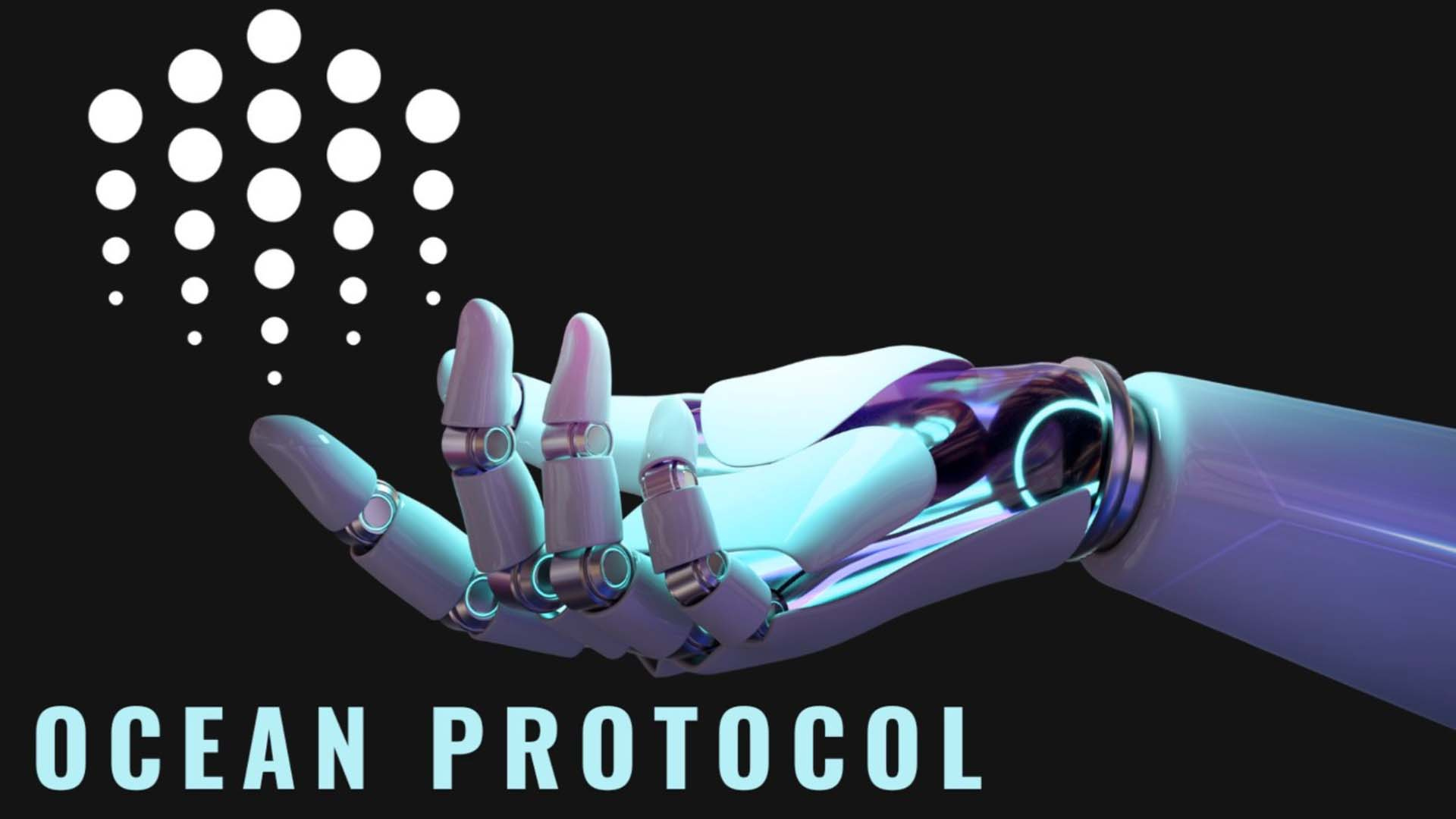
The Ocean Protocol is a decentralized data exchange protocol running on Ethereum. It facilitates data monetization through tokenization, offering a crypto-on-ramp. And it provides an open market for buying and selling datasets while preserving privacy.
OpSec Network

The OpSec Network is a Layer-1 blockchain network that utilizes AI coupled with a modular architecture to create, maintain, and manage a decentralized cloud-based architecture. Its ecosystem is designed to streamline and optimize cloud operations while prioritizing privacy. It now supports node deployment across an increasing number of Layer 1 chains.
Artificial Liquid Intelligence
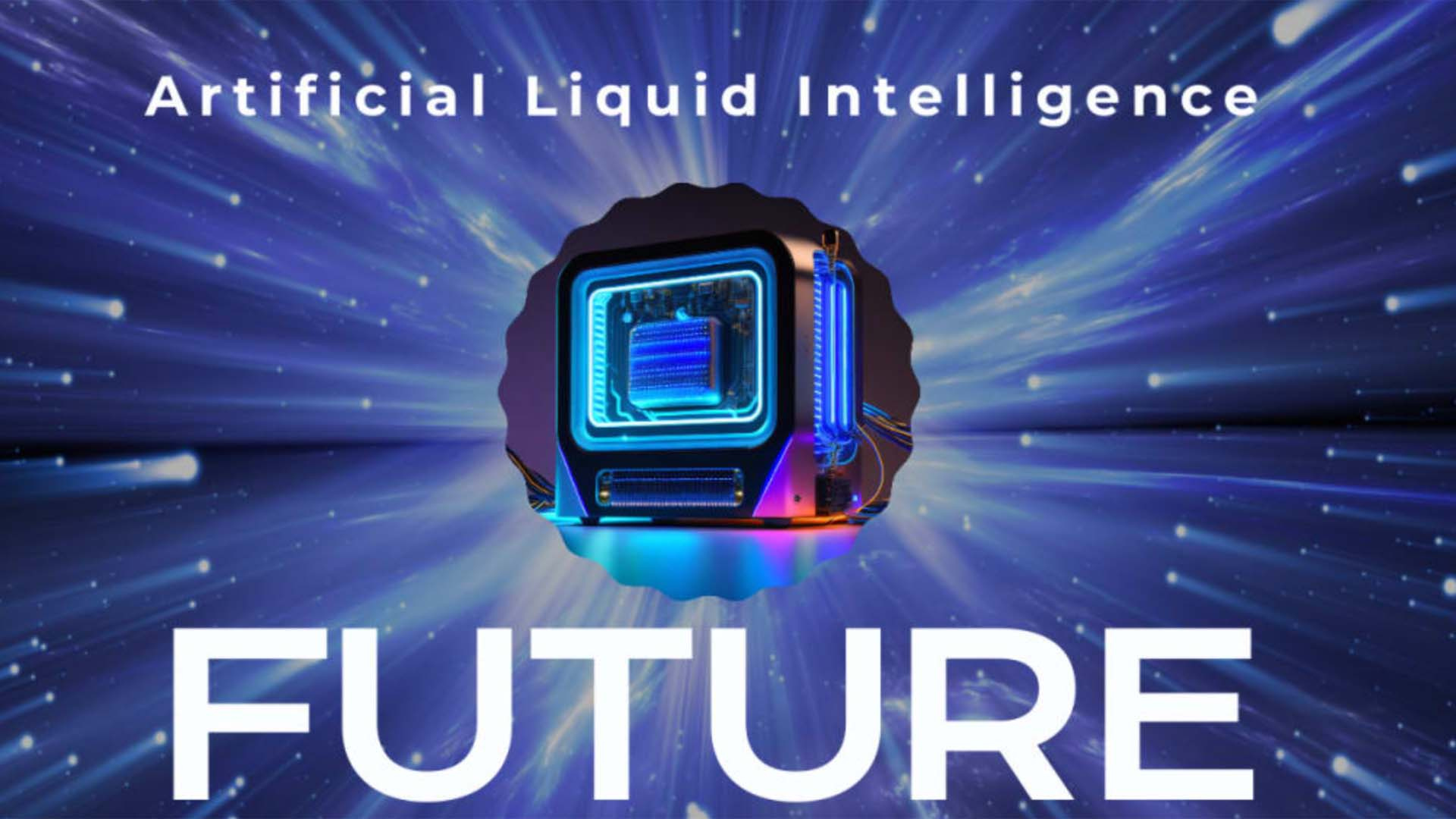
Artificial Liquid Intelligence (ALI) uses the AI protocol ecosystem to enable the creation of AI-generated intelligent non-fungible tokens (iNFTs). These are unique AI-powered digital assets.
Crypto AI predictions: Tomorrow’s frontier in the AI+blockchain revolution
Undoubtedly, growing interest in AI has significantly impacted cryptocurrencies as a whole and driven substantial growth in AI-based crypto projects.
AI-driven crypto models address challenges such as GPU scarcity and help users who wish to utilize AI mechanisms without having the technical expertise. As AI and blockchain continue to converge, more crypto AI-based projects will emerge.
As cryptocurrency acts as a digital medium of exchange, facilitating transactions, blockchain offers transparency and immutability. Hence, using blockchain helps overcome AI identity verification and data integrity issues within AI-crypto models.
The fusion of crypto with AI is driving entrepreneurs and businesses to explore innovative solutions for a wide range of use cases. Discover what’s happening already and where the potential lies. Read our in-depth AI x Blockchain report.
